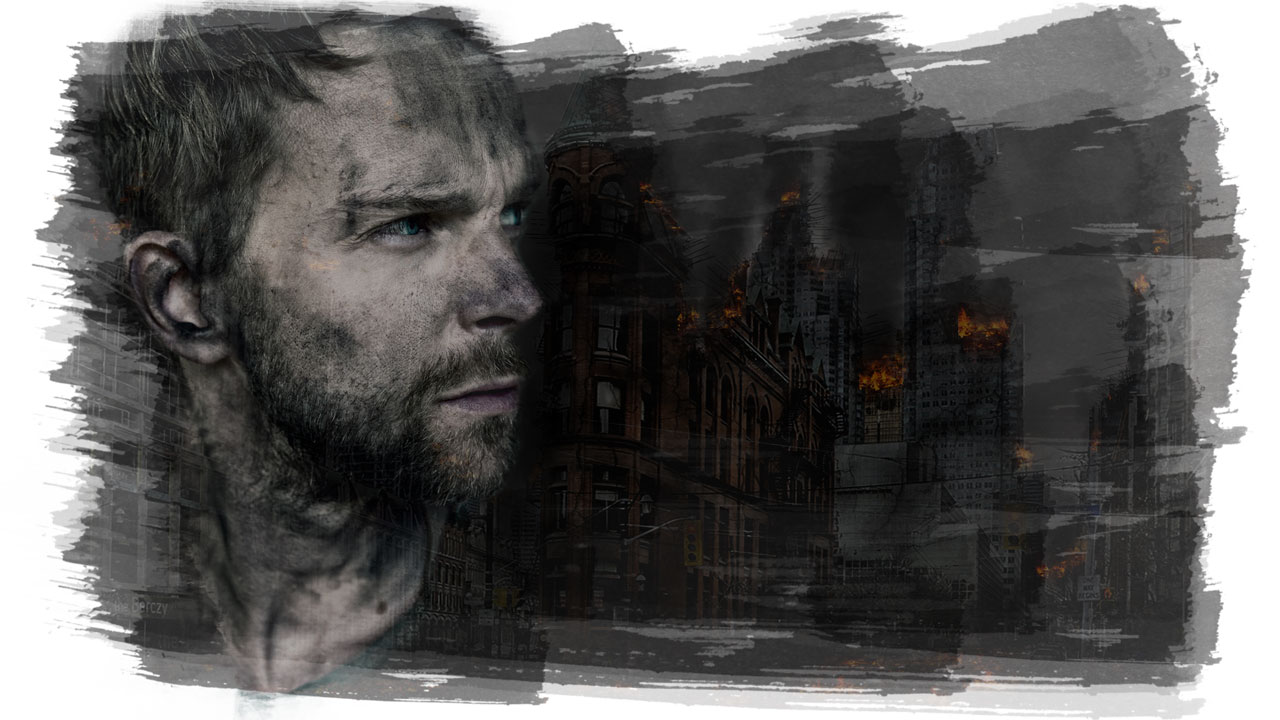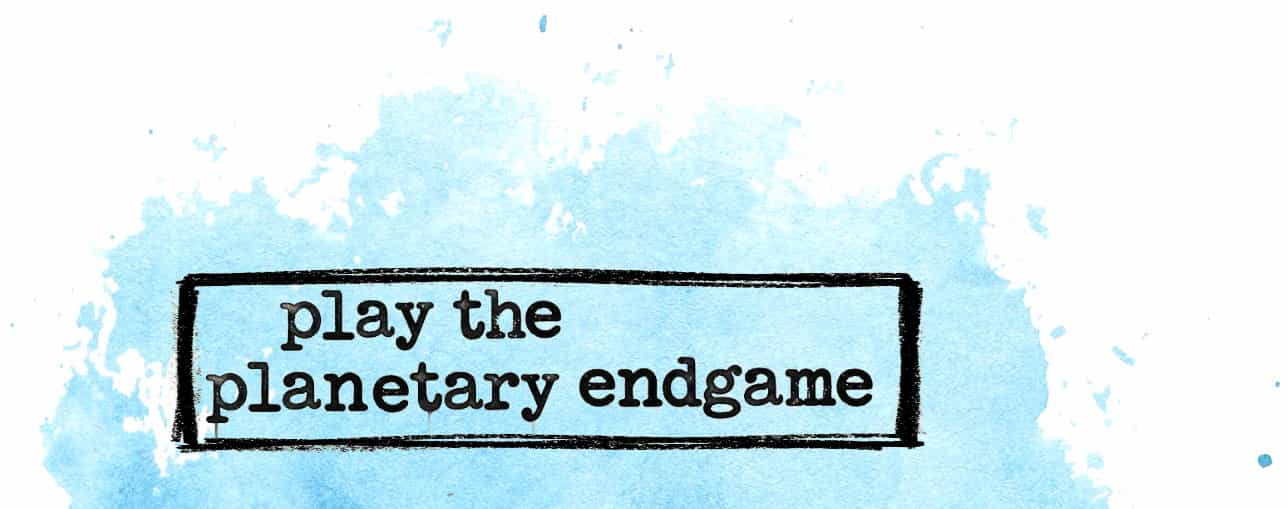Flames of Renewal - Part 1


Nothing in history is so constant as violence. Peering into the past, we are sure to find a host of evils perpetrated by humanity against its own kind. We are reminded daily of its persistence in the news, where it inevitably features in so many headlines and hot takes; and in our entertainment, which excites our fascination with its similitudes of violence both realistic and fantastic. Our mental, if not physical, environments are surrounded and suffused with violence. And while we may wish to escape its real effects, we cannot help but find it bewitching, seductive, even intoxicating. That is, lest we get too close.
Violence holds such sway over us because of its power to compel. It has the power to level and destroy, to bend and coerce, to persecute and punish, to shock and terrorize. It can move and efface borders, decimate and enslave peoples, engender suffering and extinguish traditions. Its lash can produce, like an inherited wound, pain lasting generations innocent of the initial lick. Simply to be a witness to violence can be enough to maim the mind beyond hope of its mending.
What circumstances justify violence, if any? Violence never justifies itself. Nor should it be deemed a fitting response, except in the direst circumstances; and then only as a last resort. But there are two cases in which violence (where proportionate) is plausibly warranted: one that is nearly indisputable; another that may be more doubtful. The first is in case of self-defence; the second, revolution.
The institutions and customs that human beings create for themselves naturally deteriorate, or descend into stagnancy, or become corrupt in time. Not infrequently, they are made corrupt by design. And what suited the past does not, in all cases, suit the present. “A state without the means of some change,” wrote Edmund Burke, “is without the means of its conservation.” Evolving circumstances often beg a reconsideration of what is inherited from yesterday — what rules and customs, institutions and laws, and all besides that makes up both the state and society — and whether they deserve continuance, reform, or sweeping change.
Join the Third Force Collective to access our revolutionary briefings.
This isn't a paywall. You can close it if you just want to read the article below it. But our aim is to win the planetary endgame — we want to catalyze a moment of truth, a stunning reversal of perspective from which corpo-consumerist forces never fully recover. For that we need you.






